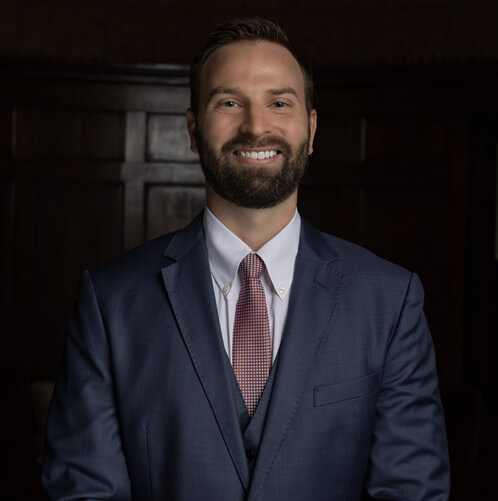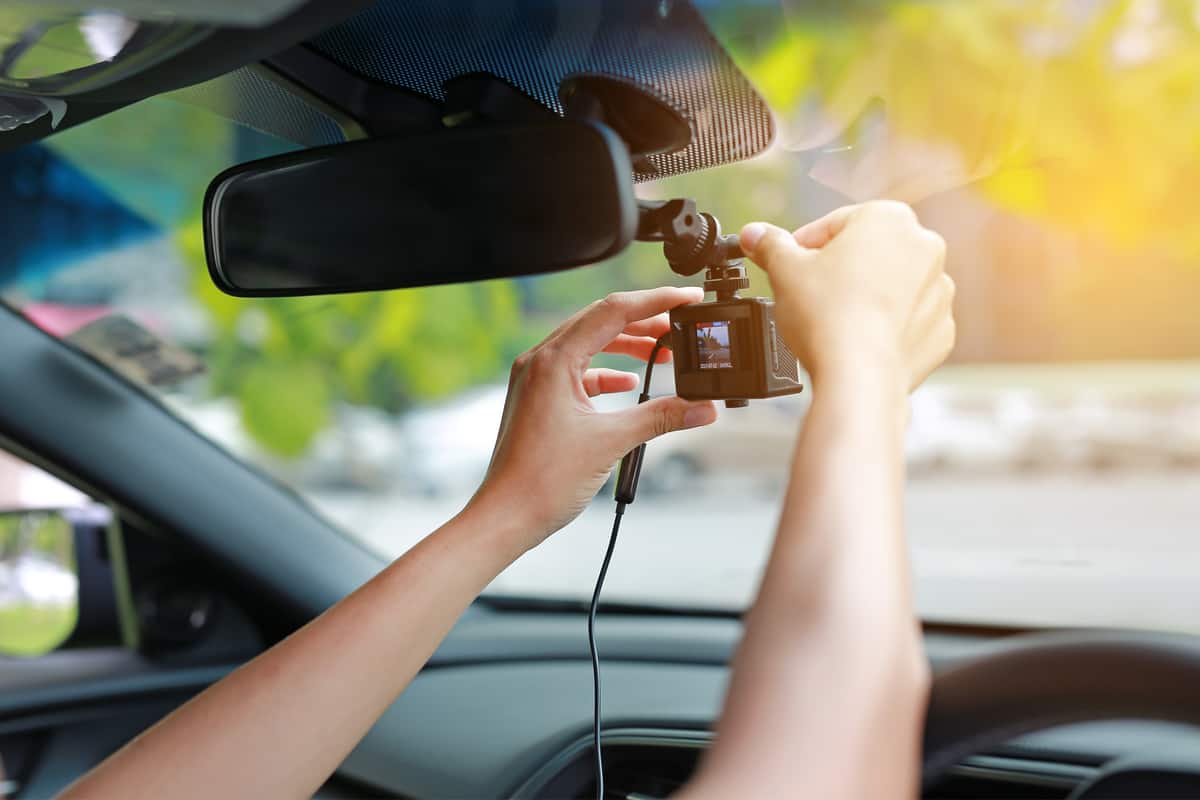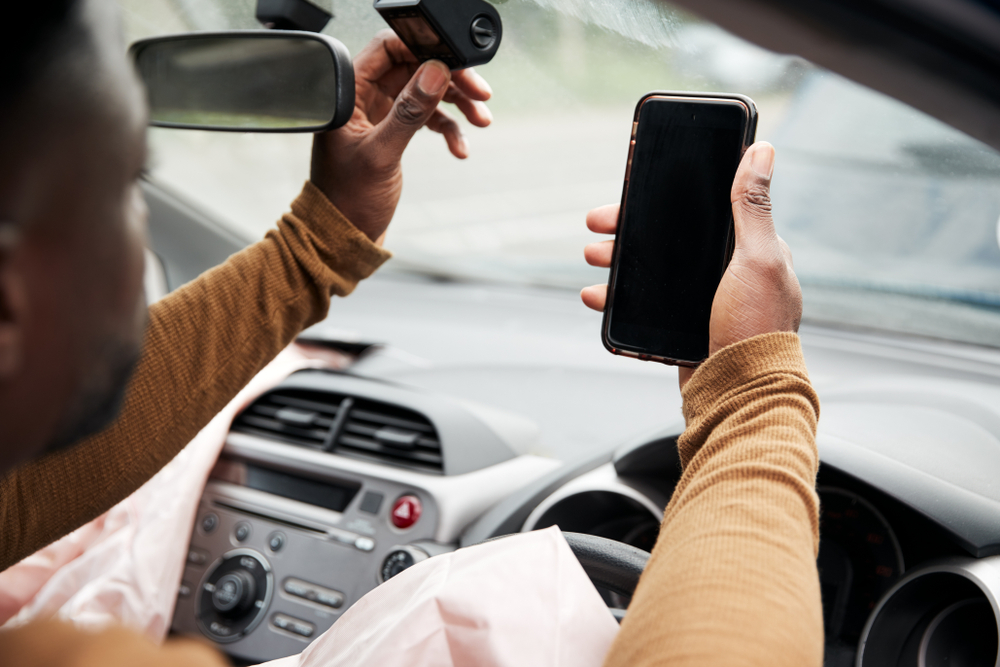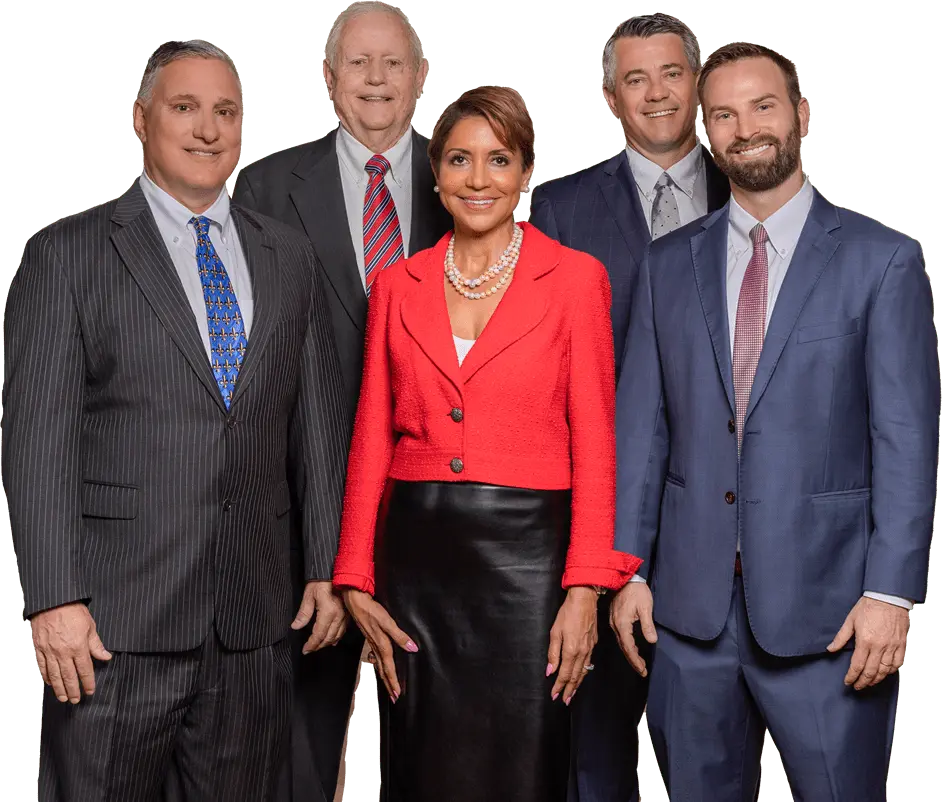
Partner at Charbonnet Law Firm LLC
Practice Areas: Car Accident, Slip-and-Fall, Work-related Injury

Dash cams have become a popular accessory for drivers across the country. These small cameras sit on your windshield or dashboard, quietly recording everything happening on the road. In Louisiana, where the legal system follows an at-fault model for car accidents, Dashcam video can be critical in court cases and insurance claims. But can this footage actually help you after a crash? And how do Louisiana laws handle dash cam evidence?
In this article, we’ll break down how dash cam footage works, how it’s used after car accidents in Louisiana, and what drivers need to know to protect themselves.
Dash cams record what happens in and around your vehicle. Some face forward, while others capture multiple angles. Many include features like impact sensors, GPS tracking, and cloud storage. This footage can clarify what happened during a crash, whether it is a minor bump or a major collision, and help prove traffic law compliance or support your case with a New Orleans car accident lawyer.
Recent data suggests that the use of dash cams has helped expedite insurance claims by reducing reliance on conflicting witness statements.
Dash cam footage is legal in Louisiana as long as it doesn’t block the driver’s view. It’s often accepted in court and insurance claims as visual evidence to clarify what happened. However, if you’re a ride-share driver, you may need to notify passengers of recording due to privacy concerns. Like any evidence, the footage must be clear, unaltered, and properly stored. While it can support your case, it may also reveal driver error that affects fault.
Using a dash cam comes with clear benefits. It can show exactly what happened during an accident, help resolve insurance claims faster, and protect you from false accusations. This is especially helpful in Louisiana, where fault must be determined to decide who pays for damages.
Dash cam footage can also be used to:
However, there are also risks. If the footage shows that you were speeding, distracted, or breaking traffic laws, it could hurt your case. In Louisiana’s at-fault system, this could reduce your compensation or lead to your claim being denied.
Dash cams also come with limited memory. Some record over older footage unless it’s saved quickly. If you’re involved in an accident, it’s essential to back up the video as soon as possible.
Privacy laws in Louisiana require appropriate disclosure in ride-share vehicles, ensuring passengers are informed of continuous recording.

If you’re involved in a crash, here’s what you should do with your dash cam footage:
Whether it’s footage from a TeslaCam or a regular dash cam, preserving it correctly can make or break your case.
|
Type of Dash Cam |
Recording Features | Additional Features |
Ideal Use Case |
| Single-channel | Front-facing, continuous loop | Basic video capture | Personal vehicles |
| Dual-channel | Front and rear video | Impact detection, night vision | Everyday commuters |
| Four-channel | 360-degree coverage | GPS, motion sensors, parking mode | Fleet or commercial drivers |
Dash cam footage can support your insurance claim by objectively establishing fault. However, if the footage depicts any elements of driver error, it may also influence the assessment of fault.

Earlier this year in Louisiana, a Tesla Model S was struck while making a legal left turn at a red light. The other driver claimed they had the right of way. Luckily, the Tesla’s built-in dash cam captured the entire event, clearly showing that the other vehicle had run the red light. With this footage, the Tesla owner was able to recover full compensation for the totaled vehicle without a drawn-out legal fight.
Stories like this are becoming more common as dashcams become standard in newer vehicles. They help cut through confusion and give insurance adjusters and courts a clearer picture of what really happened.
Yes, dashcam footage is usually accepted in court and can be used to support or dispute testimony. It offers a reliable record of what occurred during a car accident
Immediately after a crash, save the video clip to prevent it from being overwritten. Then, back it up on your phone, cloud storage, or USB drive for safekeeping.
You should still speak with a Louisiana accident lawyer. They can assess how the footage affects your case and help build a strategy based on the whole picture.
Yes. To comply with privacy laws, if you record passengers, especially in a ride-share vehicle, you must post a visible notice that they are being recorded.
It can help clarify faults and speed up your claim. However, it may also expose unsafe driving behavior, which could hurt your case. Handle footage carefully.
Tesla footage can be viewed through the car’s touchscreen or by removing the USB device and plugging it into a computer. For some models, you can also use the Tesla app.
Dash cam footage can be a powerful tool after a car accident in Louisiana. It offers a clear, unbiased view of the moments before, during, and after a crash. But just like any evidence, it can work both for and against you. Understanding how this footage is handled under Louisiana law is essential to protecting your rights.
If you’ve been involved in a car accident and have dash cam footage—or are unsure how it may affect your case—Charbonnet Law Firm, LLC can help. With decades of experience in Louisiana personal injury law, our staff can help you at every stage of the procedure. Review your footage, understand your options, and make informed decisions with the support of a firm that puts your case first.

With over 50 years of legal experience serving families in the New Orleans area and surrounding Louisiana communities, our firm takes pride in providing clients with personalized legal services tailored to individual needs.